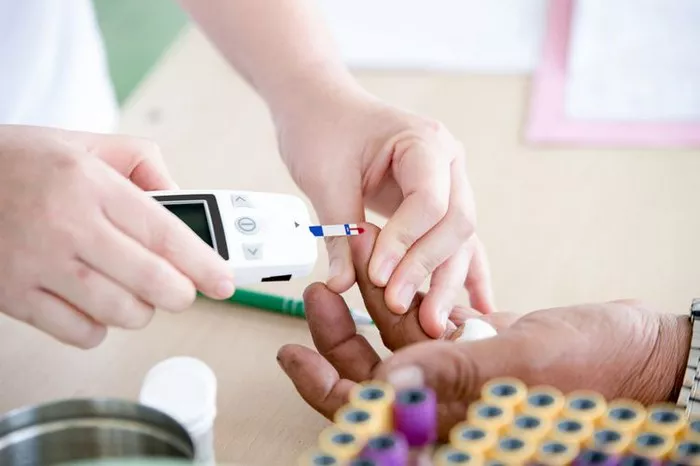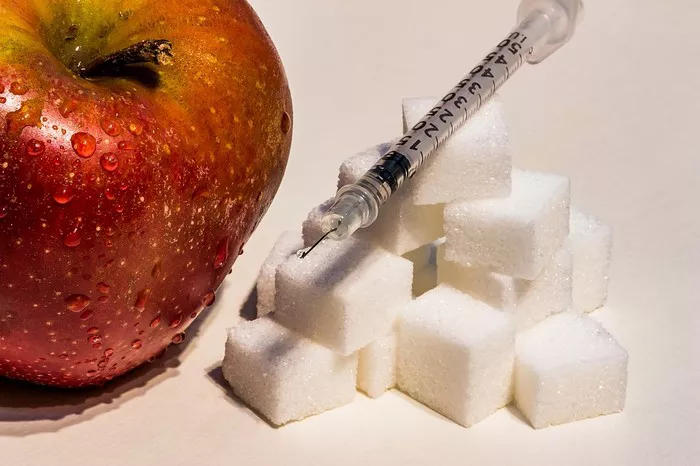Diabetes is a chronic condition characterized by elevated blood sugar levels, affecting millions of people worldwide. Among its various complications, hyperglycemia stands as a significant concern. This article delves into the intricacies of hyperglycemia, its symptoms, and its link to nausea, offering insights into prevention, management, and the importance of seeking medical attention when necessary.
What Is Hyperglycemia?
Hyperglycemia occurs when blood glucose levels rise above normal levels. This elevation typically happens when the body fails to produce enough insulin or when cells become resistant to insulin’s effects. Insulin is a hormone produced by the pancreas that helps regulate blood sugar levels by facilitating the uptake of glucose into cells for energy.
Symptoms of Hyperglycemia
Recognizing the symptoms of hyperglycemia is crucial for early detection and intervention. Common signs include increased thirst (polydipsia), frequent urination (polyuria), fatigue, and blurred vision. Individuals may also experience unexplained weight loss, slow wound healing, and recurrent infections.
Link between Hyperglycemia and Nausea
Nausea can indeed be a symptom of hyperglycemia in some cases. Elevated blood sugar levels can affect the gastrointestinal system, leading to discomfort and nausea. When glucose levels are too high, the body may attempt to eliminate excess sugar through urine, causing dehydration and electrolyte imbalances, which can contribute to nausea.
Mechanism of Nausea in Hyperglycemia
The mechanism underlying nausea in hyperglycemia involves several factors. High blood sugar levels can disrupt the normal functioning of the digestive system, slowing down gastric emptying and impairing gastrointestinal motility. Additionally, fluctuations in blood sugar can trigger the release of stress hormones, such as cortisol, which may further exacerbate nausea and discomfort.
When to Seek Medical Attention
It is essential to seek medical attention if experiencing symptoms of hyperglycemia, including nausea. Individuals with diabetes should monitor their blood sugar levels regularly and seek prompt medical care if levels remain consistently high or if symptoms persist or worsen. Delayed treatment can lead to complications such as diabetic ketoacidosis (DKA) or hyperosmolar hyperglycemic state (HHS), both of which are life-threatening conditions.
Prevention and Management Tips
Managing hyperglycemia involves adopting healthy lifestyle habits and adhering to a comprehensive treatment plan. Practical tips for prevention and management include:
Monitoring blood sugar levels regularly with a glucose meter.
Following a balanced diet rich in fruits, vegetables, lean proteins, and whole grains.
Limiting the consumption of sugary and processed foods.
Staying hydrated by drinking plenty of water throughout the day.
Engaging in regular physical activity to improve insulin sensitivity and blood sugar control.
Taking prescribed medications, including insulin or oral hypoglycemic agents, as directed by a healthcare provider.
Effective management of diabetes is paramount to prevent complications such as hyperglycemia and associated symptoms like nausea. By maintaining optimal blood sugar levels, individuals can reduce their risk of long-term complications, including heart disease, stroke, kidney disease, nerve damage, and vision problems. Consistent self-care practices, combined with regular medical monitoring, are essential for achieving optimal health outcomes.
Consultation with Healthcare Provider
Consulting with a healthcare provider is essential for personalized diabetes management. Healthcare professionals can provide guidance on treatment options, medication adjustments, and lifestyle modifications tailored to individual needs. Regular check-ups and ongoing communication with a healthcare team can help individuals with diabetes stay proactive in managing their condition and addressing any emerging issues promptly.
Conclusion
Hyperglycemia is a common complication of diabetes that can manifest with various symptoms, including nausea. Understanding the link between hyperglycemia and nausea, along with adopting proactive prevention and management strategies, is vital for maintaining optimal health and minimizing the risk of complications. By prioritizing regular monitoring, healthy lifestyle habits, and open communication with healthcare providers, individuals with diabetes can take control of their condition and lead fulfilling lives.
Related Topics:
Why Does Alcohol Cause Hypoglycemia?

























